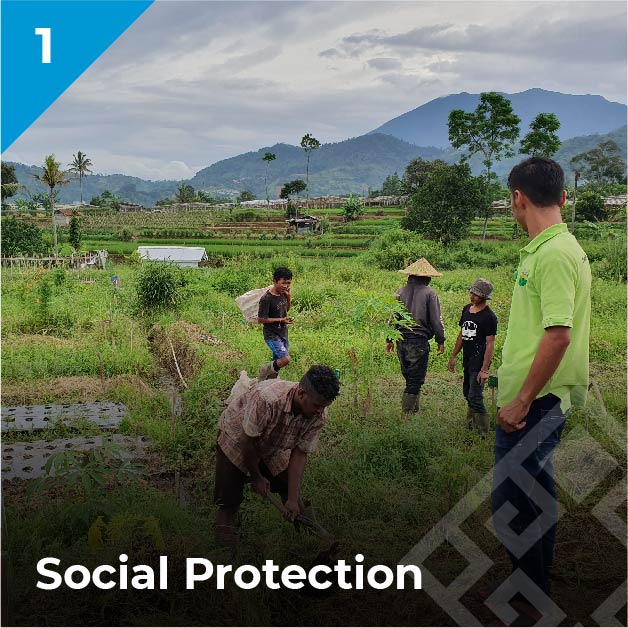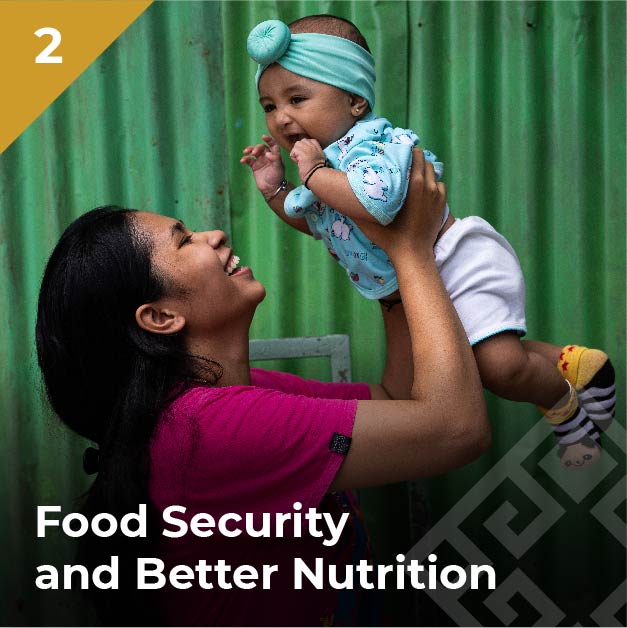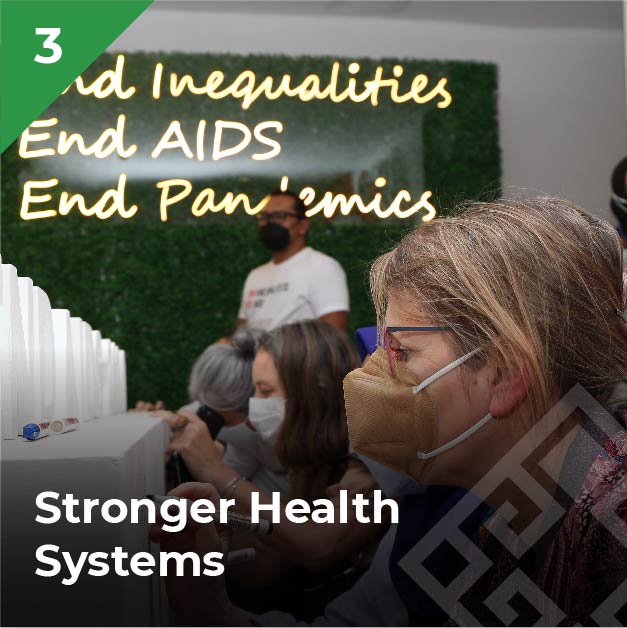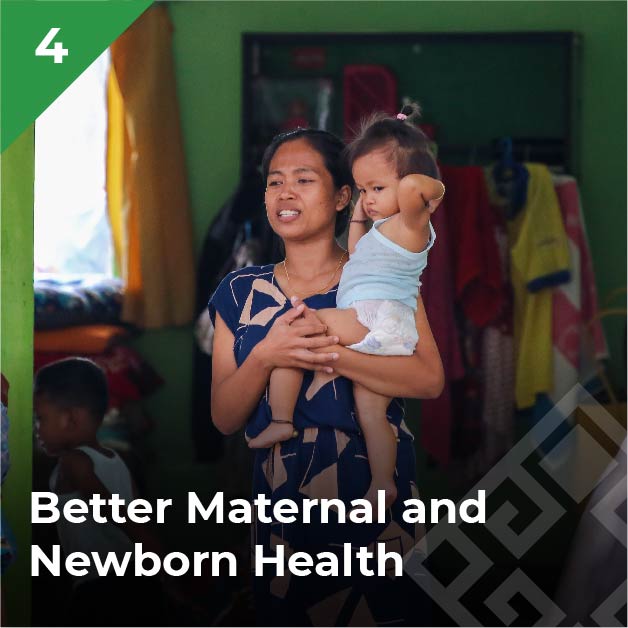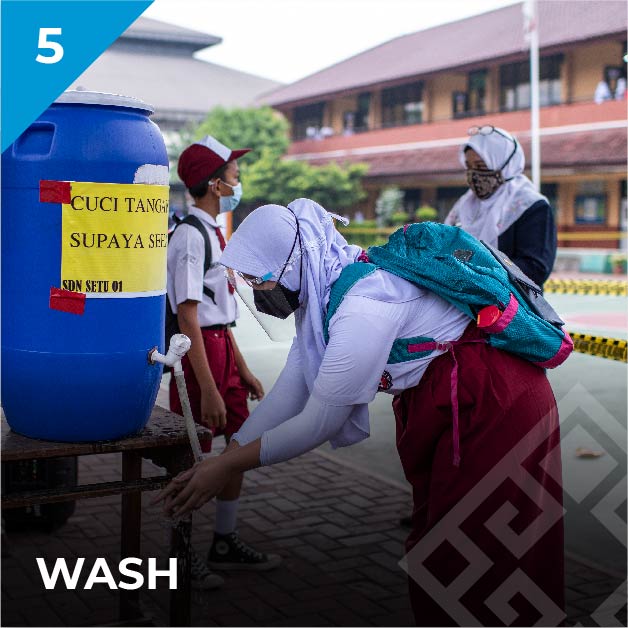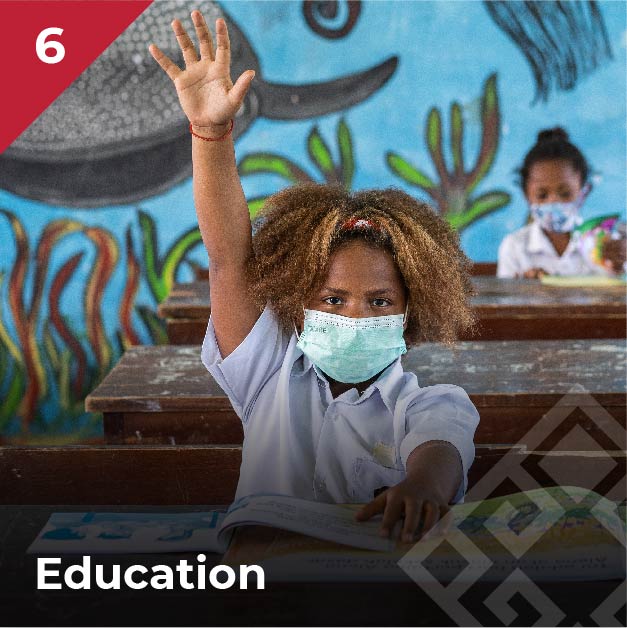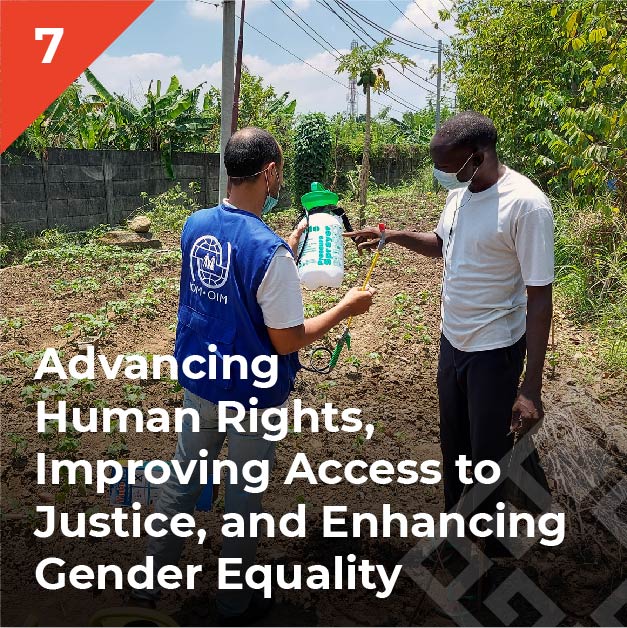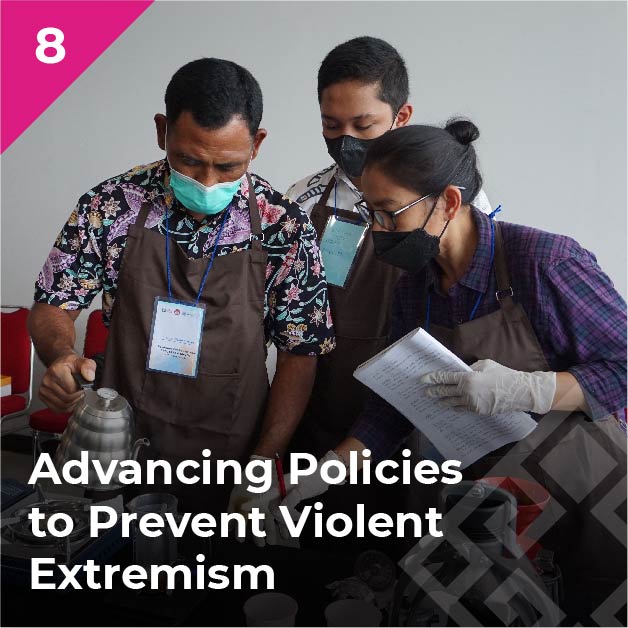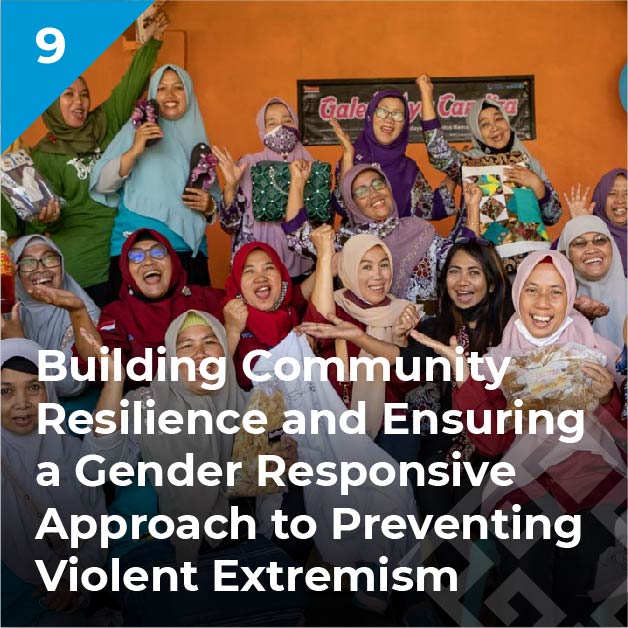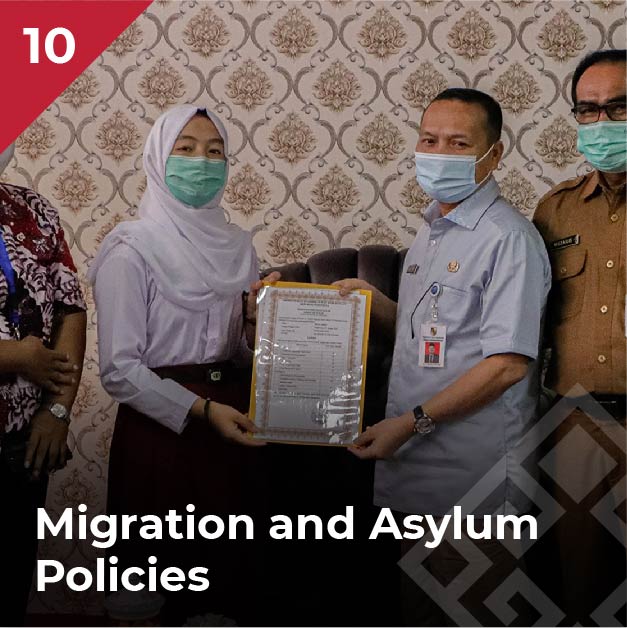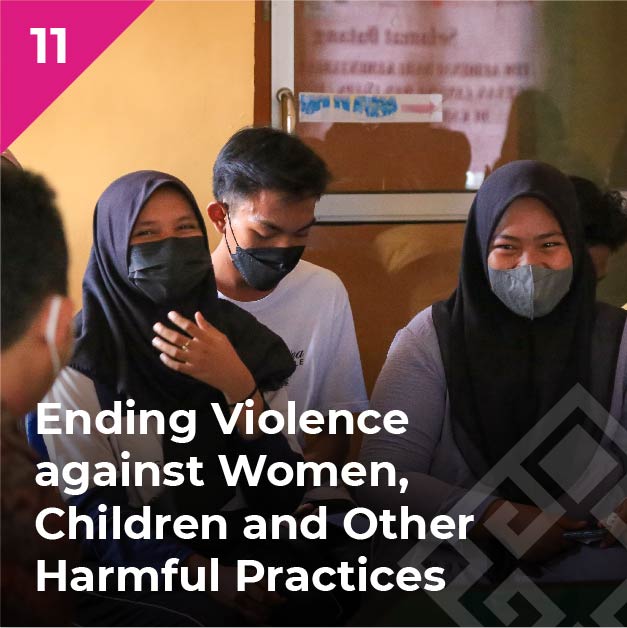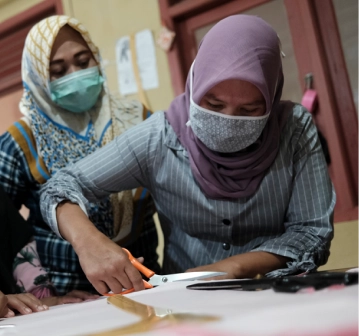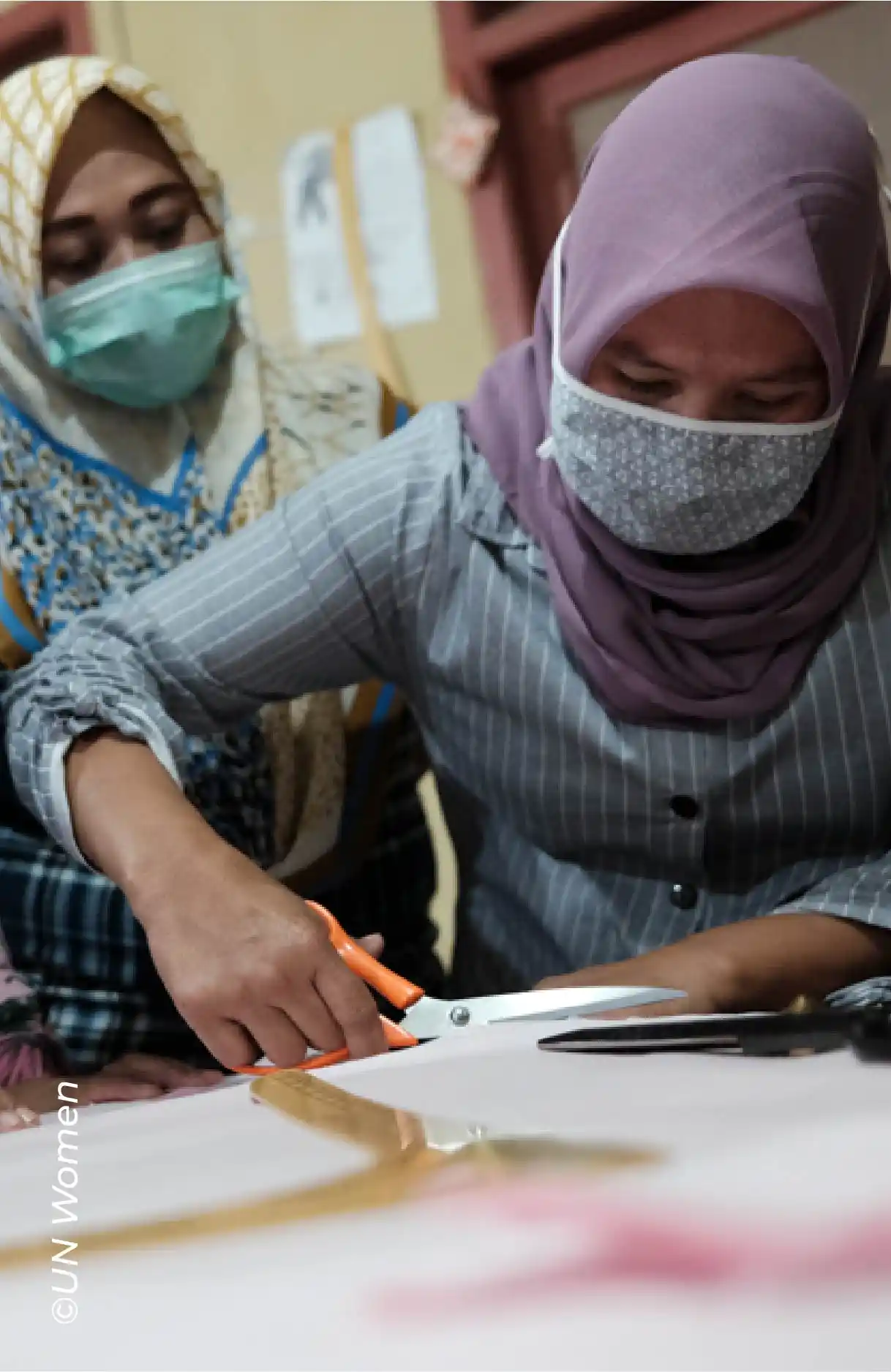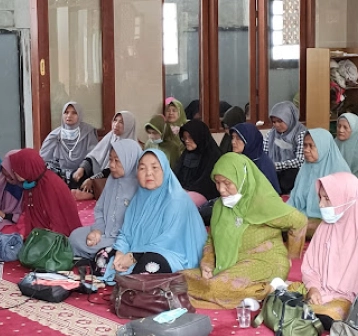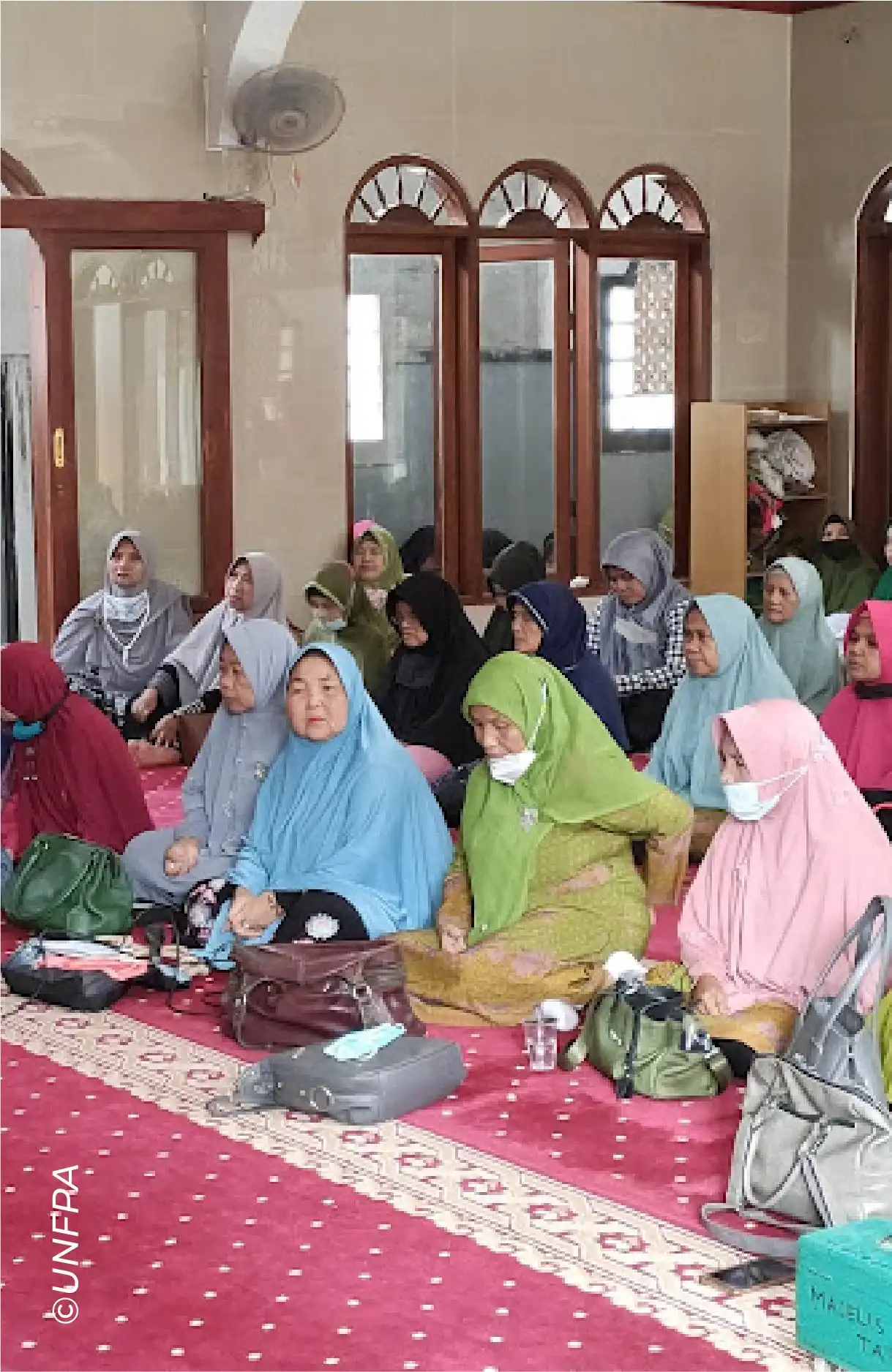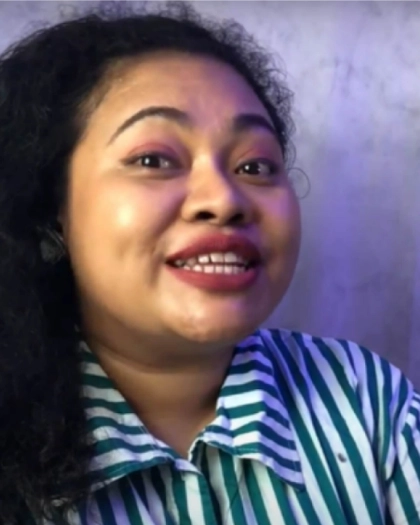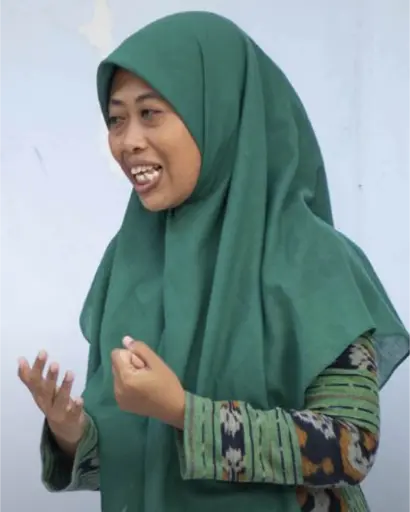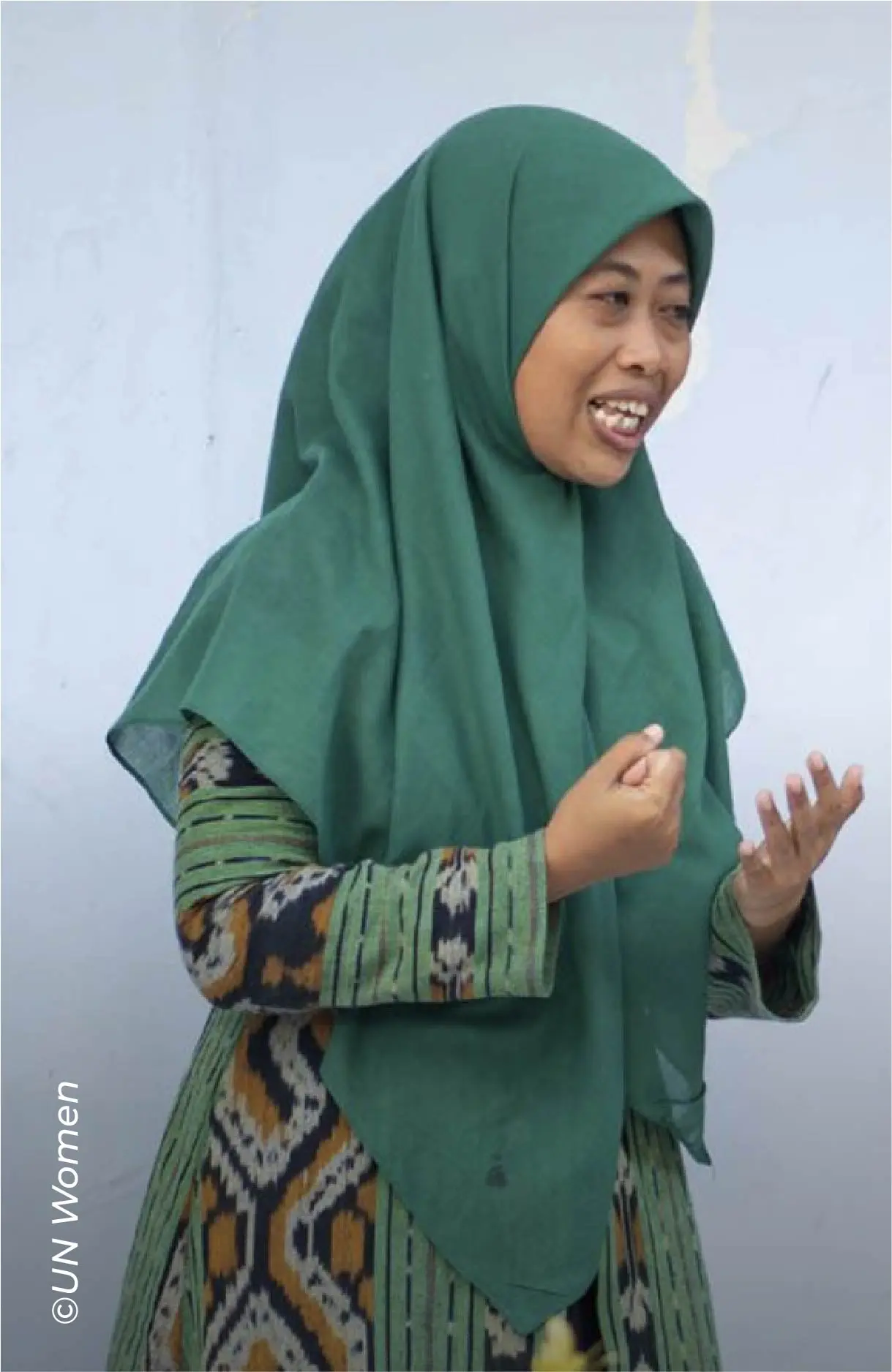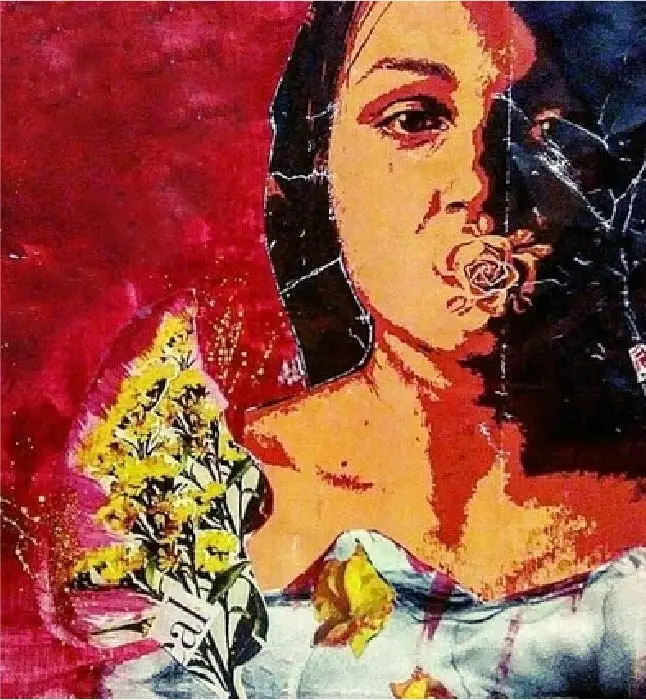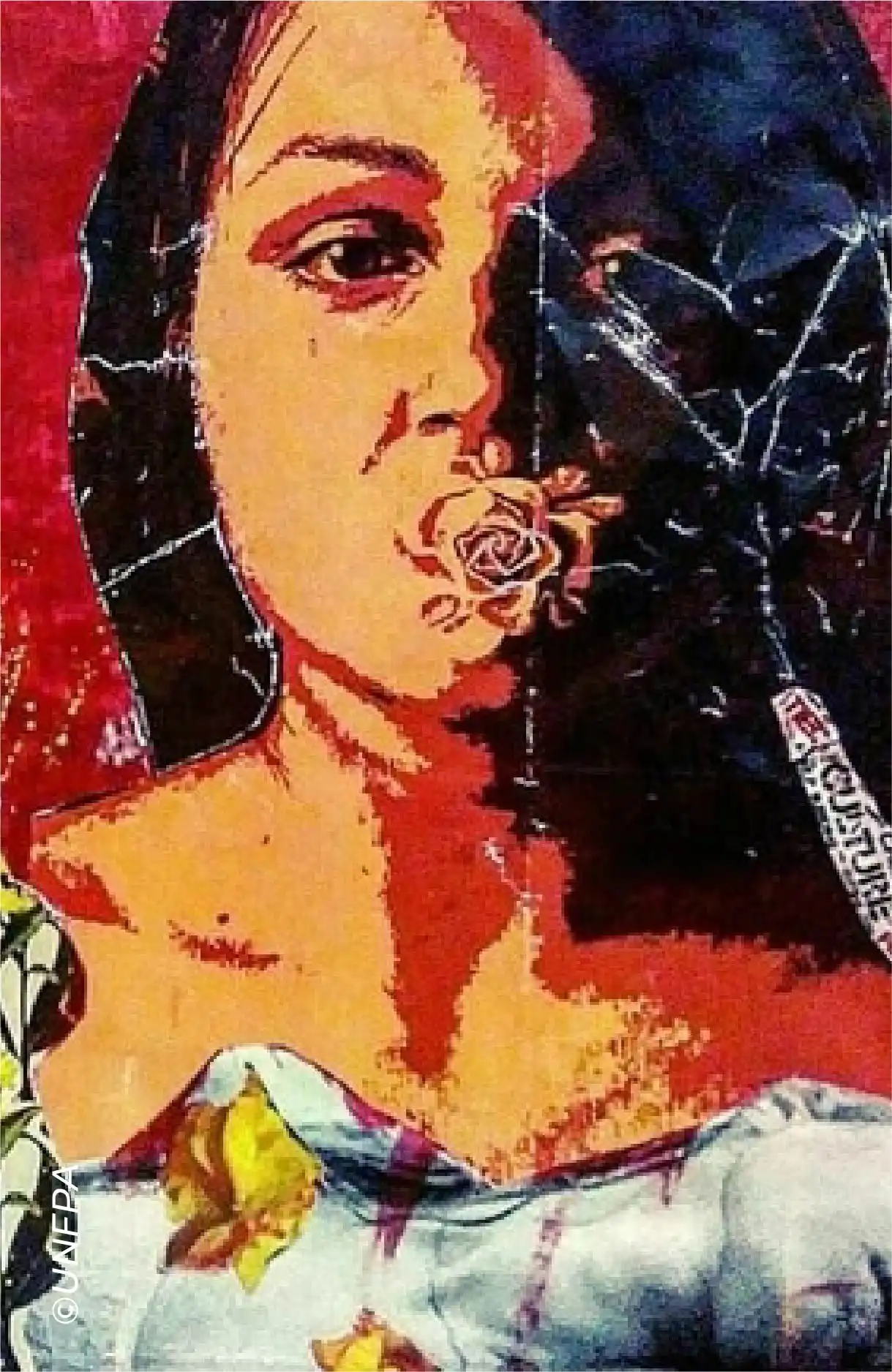United Nations In Indonesia
Country Results Report 2021
Inclusive Human Development





The convergence of Indonesia’s high informal labour rate, its geographically diffuse population, and the unequal socio-economic burdens imposed by COVID-19 heightened the risk of people falling through the social safety net in 2021.
Universal health coverage is key to shoring up that net and the UN has supported the expansion of Indonesia’s national health insurance program since its rollout in 2014. By 2021 the insurance scheme covered 86.96% of the population, up from 82.07% in 2020. The UN helped more than 3.3 million children receive unconditional child benefits in 2021, while 35.9 million people indirectly benefit from UN support to strengthen social protection programmes.
Food supply chain disruptions and the loss of income during COVID-19 contributed to an increase in undernourishment in Indonesia, which afflicted 8.34% of the population in 2020, up from 7.63% in 2019, according to Indonesia’s 2021 Voluntary National Review. Among other initiatives, the UN provided technical assistance to the Ministry of Agriculture that resulted in the finalisation of one national and five provincial Food Security and Vulnerability Atlases, which informed several country-wide programmes to tackle food insecurity and reduce childhood stunting. Meanwhile, almost 5,000 health service providers received UN training on the integrated management of acute malnutrition.
The COVID-19 pandemic pushed Indonesia’s healthcare system to the brink in 2021, which not only taxed the country’s ability to mitigate the impact of the coronavirus but also its ability to cope with an array of contemporary health challenges. UN interventions helped the system continue to function under unprecedented stress. The World Health Organization alone supported 39 activities to strengthen Indonesia’s healthcare capacity, across technology, policy, and human resources. For example, the UN trained more than 183,000 health workers on surveillance, rapid response, and psychosocial support in relation to the detection, referral and management of COVID-19 cases. UN training helped a further 4,312 health workers enhance their knowledge of pharmacology and pharmacovigilance in relation to COVID-19 preparedness and response efforts; more than 10,000 primary care workers received extra training on HIV testing and treatment.
Despite considerable progress over the past decade, Indonesia’s maternal mortality ratio remains high with some 177 deaths occurring for every 100,000 live births, compared with a regional average of 152 per 100,000 live births.
In 2021, UN support for Government efforts to deliver better maternal and new-born health included the provision of technical assistance for new guidelines on maternal and perinatal death surveillance, and specific assistance to improve the care of vulnerable infants, including infants with low birth weight, those with possible serious bacterial infections, and those born to HIV-positive mothers. UN support to strengthen maternal health services benefitted more than 5.7 million people.
A further 232,000 people directly benefited from Water, Sanitation, and Hygiene (WASH) interventions as part of the UN’s COVID-19 prevention and response efforts. Meanwhile, a UN pilot water safety programme provided more than 1 million people with improved access to clean water, while UN initiatives to promote open-defecation free villages reduced disease risk for some 100,000 people in rural areas.
The COVID-19 pandemic caused the world’s largest-ever recorded disruption in education. To mitigate this disruption, in 2021 the UN helped approximately 5.7 million Indonesian students at over 37,000 schools safely resume face-to-face learning in accordance with COVID-19 health protocols. UN support for child-centred planning and budgeting helped ensure the continuity of education for 400 out-of-school children, and almost 1,500 children at risk of dropping out of school. The UN also supported more than 45,600 students, including 2887 children of refugees and asylum seekers with equipment to facilitate home-based learning.
In Indonesia, like in other countries, violent extremist groups sought to capitalise on pandemic-induced social isolation and economic adversity to spread divisive narratives and disinformation. This required an evolving and inclusive human security-based strategy on the prevention of violent extremism (PVE.)
Since 2017, the UN has worked closely with the Wahid Foundation to empower women to build peaceful and resilient communities and support a gender-responsive approach to conflict prevention and PVE through its Peace Villages project. Some 17 villages, covering a population of about 100,000 people, declared themselves ‘Peace Villages’ between 2017 and 2021, meaning that village stakeholders have committed to achieving nine indicators of a peaceful village with women’s participation and leadership. In 2021, more than 100 Peace Village residents joined training programs—since converted to e-learning tools—that focus on preventing violent extremism, implementing gender equality, and increasing access to justice. The UN and Wahid Foundation’s Peace Village action plan draws support from the Ministry of Villages, provincial and local governments, and stakeholders including village heads, local religious leaders, and faith-based organisations.
The UN also supports Indonesia’s National Action Plan on PVE through The Guyub Project—which means “togetherness” in Javanese—and several other programmes that operate out of The Peace Hub, a unique physical an online platform that brings together UN agencies, government, national security agencies and civil society on counterterrorism and PVE. The affiliated programmes, Guyub, Convey, and Protect, reached more than 13 million people to promote human security-based approaches to PVE.
In late 2020, Indonesia became one of 16 country champions of the UN’s Global Compact on Migration (GCM). In accordance with the GCM’s values, the UN continued to advance a whole-of-government and whole-of-society approach to migration in 2021, promoting policies that support Indonesia’s commitment to protecting the rights of migrants.
Through its Safe and Fair Migration Joint Programme (SAF), for example, the UN collaborated with five women crisis centres to support victims of violence against women and trafficking, including women migrant workers and their families. The programme mobilised community-level stakeholders to prevent and respond to violence against women through improved case monitoring, caseworker training, referrals, and information sharing. Through this intervention, some 5,000 migrant workers and them families—including about 3,000 women—received training and information on recruitment agencies, labour rights, women’s rights, safe migration procedures, and financial literacy. A further 292 migrant workers who had been victims of violence received psychosocial support and referrals to essential services.
Refugees were inordinately impacted by the pandemic but UN support services, including community accommodation, cash-based interventions for basic needs, health care, mental health and psychosocial support, and education for children and adults reached 7,500 refugees and asylum seekers. UN advocacy also helped make it easier for refugees to access COVID-19 vaccinations.
Through its Safe and Fair Migration Joint Programme (SAF), for example, the UN collaborated with five women crisis centres to support victims of violence against women and trafficking, including women migrant workers and their families. The programme mobilised community-level stakeholders to prevent and respond to violence against women through improved case monitoring, caseworker training, referrals, and information sharing. Through this intervention, some 5,000 migrant workers and them families—including about 3,000 women—received training and information on recruitment agencies, labour rights, women’s rights, safe migration procedures, and financial literacy. A further 292 migrant workers who had been victims of violence received psychosocial support and referrals to essential services.
Refugees were inordinately impacted by the pandemic but UN support services, including community accommodation, cash-based interventions for basic needs, health care, mental health and psychosocial support, and education for children and adults reached 7,500 refugees and asylum seekers. UN advocacy also helped make it easier for refugees to access COVID-19 vaccinations.
